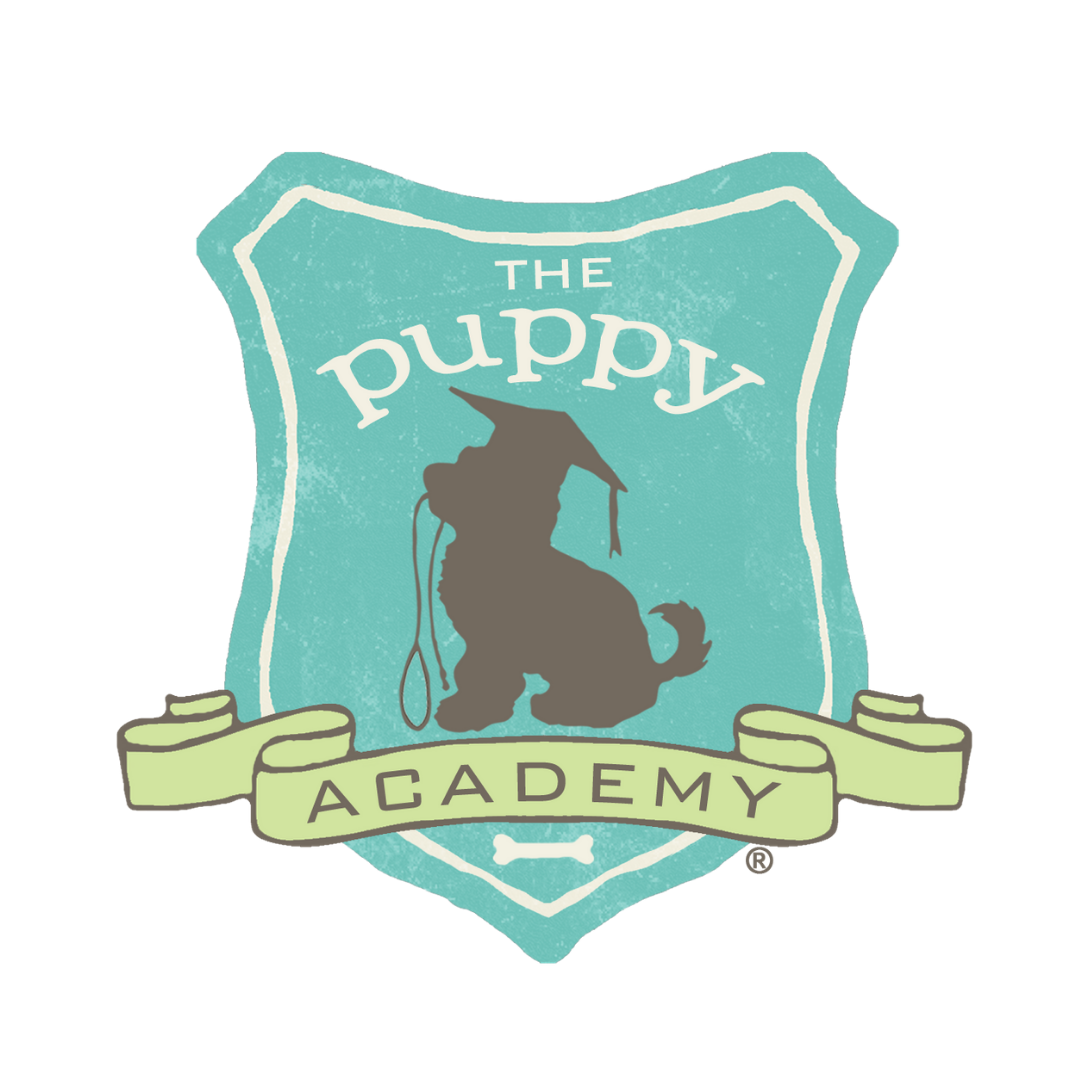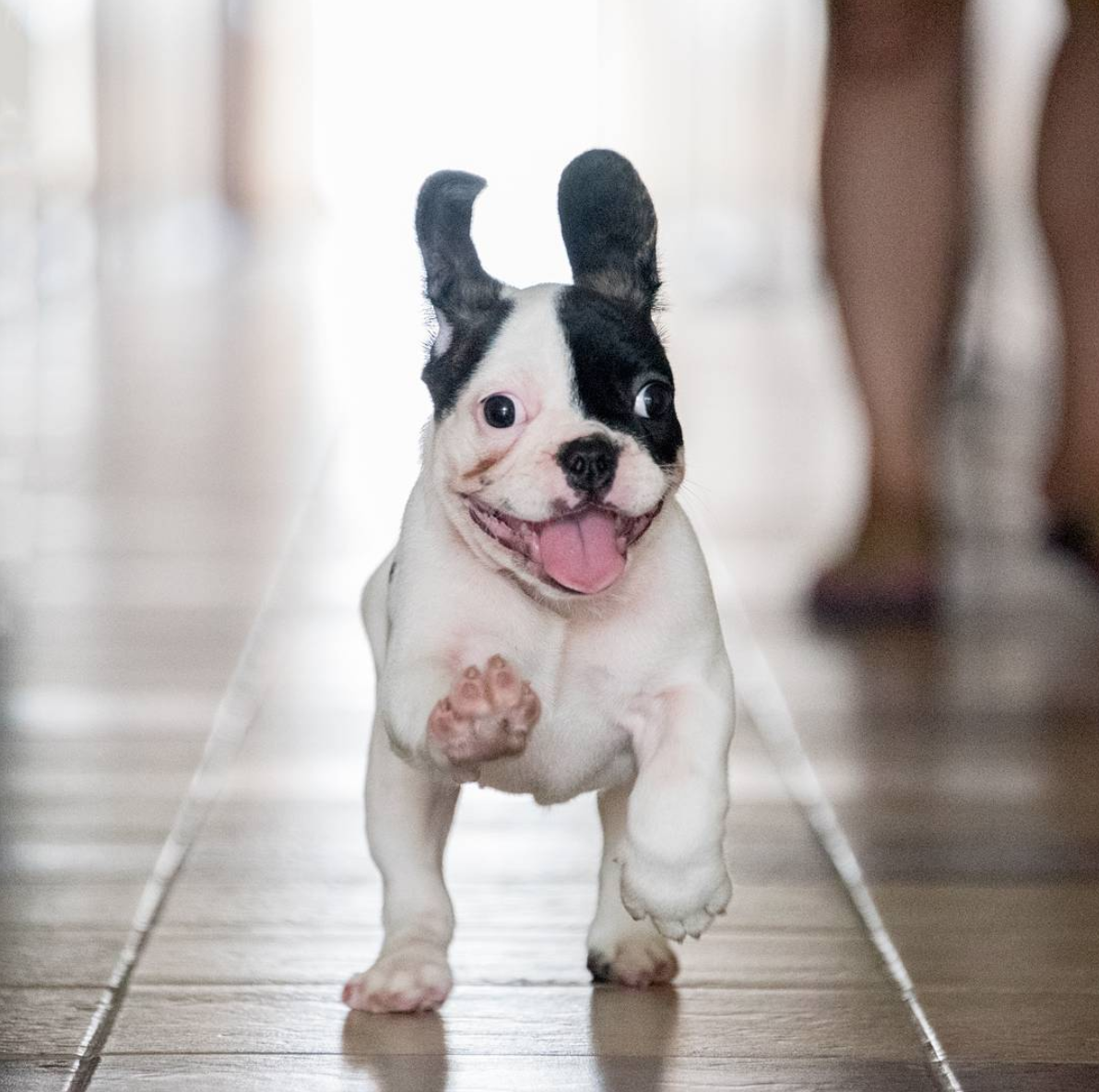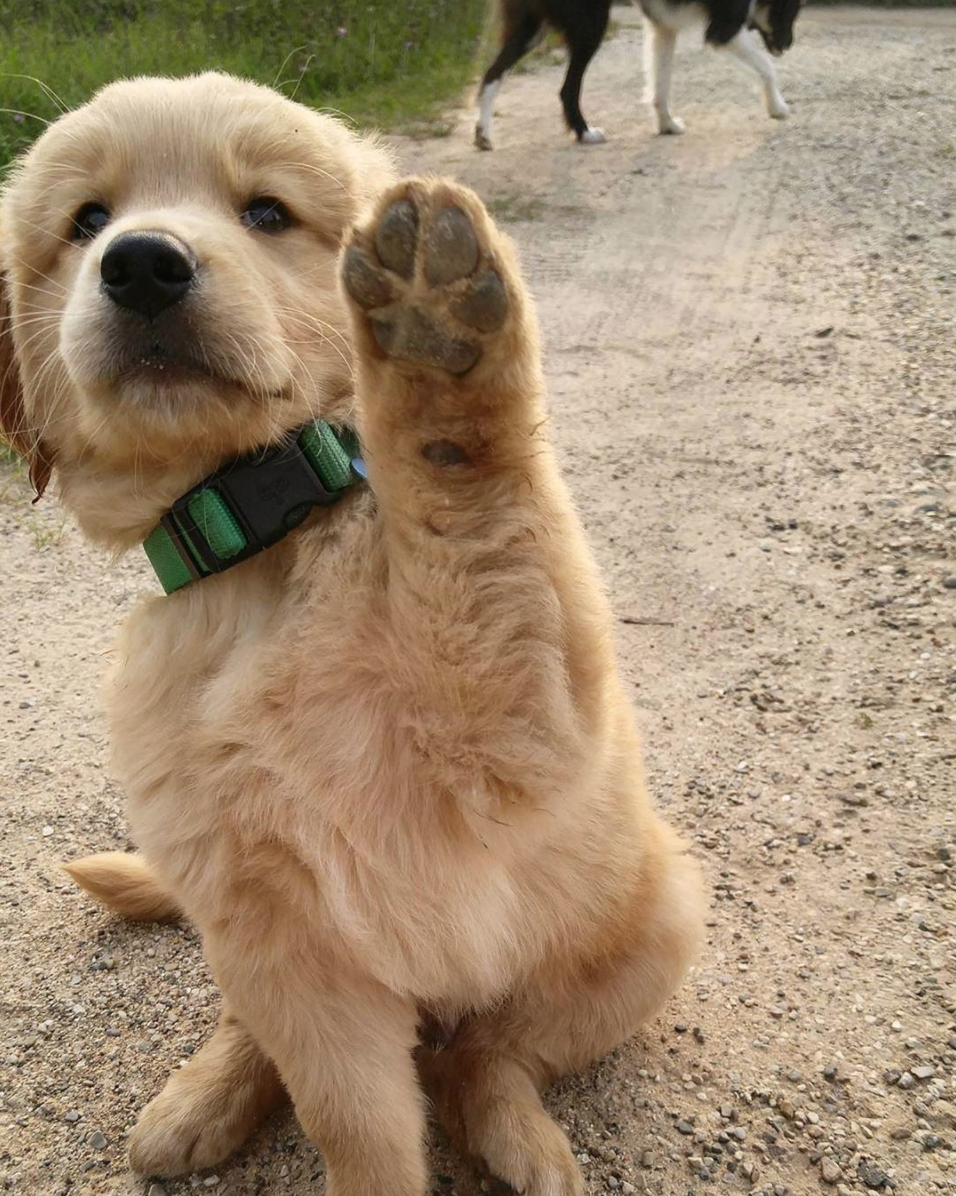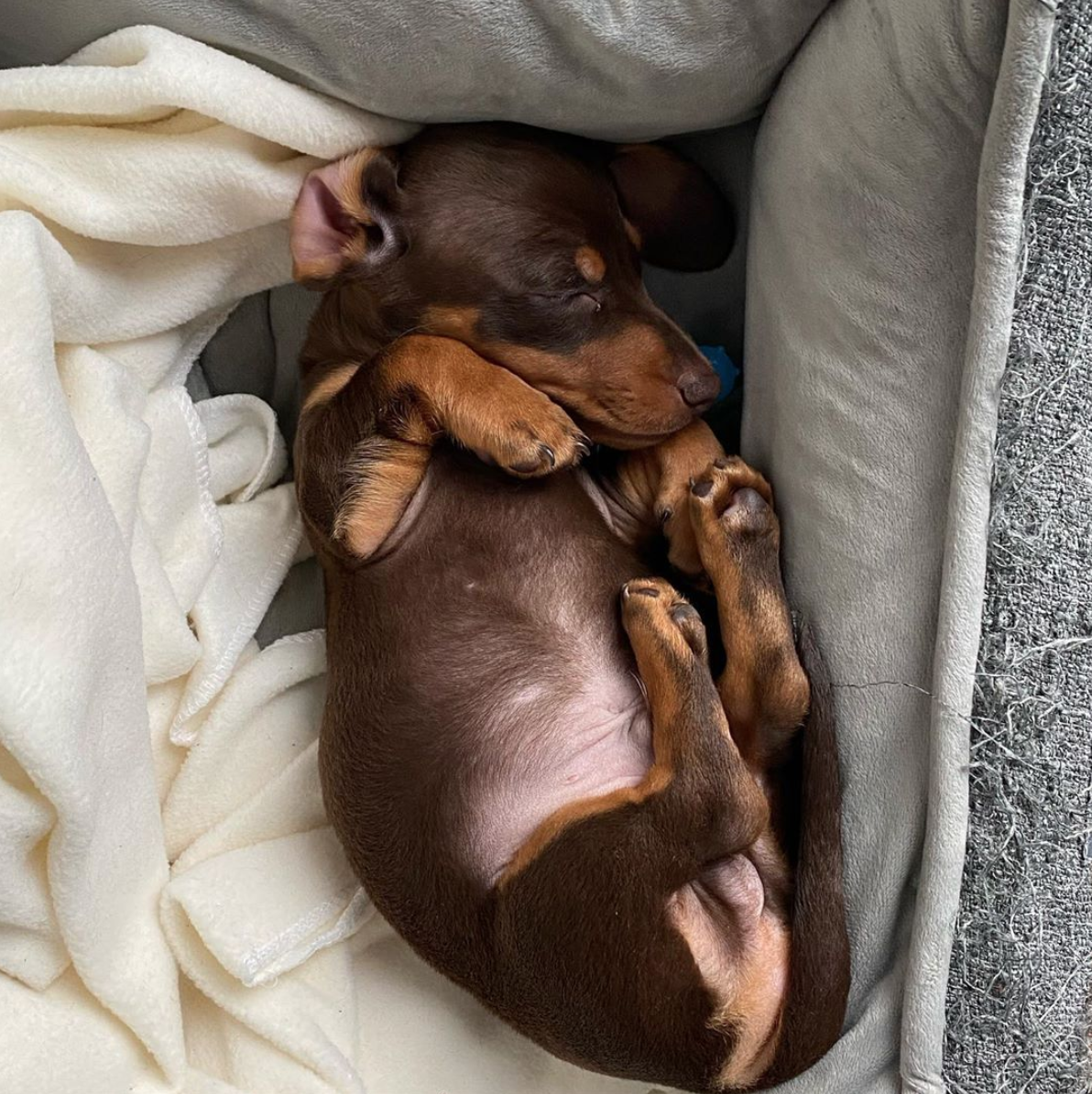When you first get your new puppy, it’s incredibly tempting to bring your pup with you everywhere! And nowadays, many of us are getting a lot of extra pup time at home! But at some point, you will need to leave your puppy at home without you. Your goal will be to make sure that your puppy can stay alone feeling comfortable, confident and secure!
Don’t we all wish we could stay at home with our puppies day in and day out? Lately, many of us have gotten that wish and are spending more time doing just that! But when we do have to leave the house, it could be stressful for your puppy if they aren’t trained to learn that being left alone is totally OK. Separation anxiety is an addiction to attention and too much access to you that puppies experience from their owners. Puppies are prone to it because they're social animals that crave your attention, and it takes time to teach them how to be alone. So teaching them how to be alone for periods of time is a very important step in your puppy's training and growing phase! Preventing separation anxiety is key, but even if your pup is already showing signs of it, there are steps to take in both cases to help instill confidence and security in your puppy. Through using tools like crate training, positive association, and mental stimulation, plus exercise, patience and practice, you can help train your puppy to be totally comfortable and relaxed with being alone!
JOIN OUR ONLINE PUPPY TRAINING CLASSES AND GET THE HELP YOU NEED FROM EXPERT TRAINERS RIGHT AT HOME!
Crate Train Your Puppy
@roman_and_harper
A key tool for helping your puppy feel comfortable alone for a period of time is their crate! But in order to successfully leave your puppy in their crate, you have to start by introducing your puppy to their crate first! There are a few techniques we use at The Puppy Academy when training our students to become accustomed to going in and out of their crate such as having them eat, sleep, and enjoy a toy in their crate. You can visit our blog on crate training “Why and How to Crate Train Your Puppy” to learn more about how to introduce your puppy to their crate.
Start Slow in the Beginning
@alaskathefrenchie
If your puppy is already accustomed to their crate, start to introduce “alone time” in their crate while you are still in the home. The easiest time to practice this is at their nap time. Put their crate in another room of your home with less activity, and encourage them to relax. Pull the shades, dim the lights, even play some calm music and cover the front and sides of their crate with a blanket to create a chill atmosphere so your puppy feels comfortable and calmly leave the room. Repeat this a few times throughout the day for their naps, ranging in times from shorter to longer spans that they're “away” from you.
Keep Your Coming and Going Low-Key
@woofwooftv via @thethreeadventurers
After you placed your puppy in their “zen zone” a.k.a., another room in your home, make sure that when you go to leave the room, keep it as low-key as possible. Making it a big deal with lots of pets, attention, and kisses right before you leave them and then when you see them again can build up anticipation and anxiety in your pup, making it much more difficult for them to settle when alone! You want to show your puppy that you coming and going is really no big deal by being as calm as possible so your puppy remains worry-free and relaxed the whole time!
TAKE THE STRESS OUT OF PUPPY TRAINING! JOIN OUR ONLINE PUPPY TRAINING CLASSES TODAY!
Create Positive Associations with Leaving
@mango_the_irish_setter
Make leaving a positive experience for your puppy by adding in something they enjoy or can keep their mind stimulated, for example, a special treat and a chew toy into their crate. Kongs are great since they will keep your puppy occupied while you are away. But also they are made of strong rubber that can resist heavy chewing. However, make sure you know your puppy’s bite strength and only give your pup safe chew toys you feel confident they can’t destroy and swallow torn pieces. You can keep a specific toy that you will only give your puppy when you are going to leave. Then when you return, take the toy and put it away. By doing this, you are training your puppy that they will receive something special they love and a treat when you leave!
Exercise Your Puppy Before You Go
@milo.mcgruff
It’s also a good idea to make sure that your puppy has gotten enough time to play, a chance to go potty and just spend time with you before you need to leave. This way, your pup will be ready for some rest and can settle down in their crate faster. A good way to stimulate both your pup’s mind and body is through some play, a walk, or a quick training session. When you end the activity, try to do something calming with your puppy like giving them a Kong or other type of treat-dispensing toy after a walk or training session. Think of this like a “cooldown” after exercising to bring the body down properly! The reason being is that if they are still hyped up from walking or playing, chances are they won’t settle right away in their crate.
If your concern is finding the right time to incorporate these activities, take a peek at our “Create a Daily Schedule for Your Puppy!” blog to learn how to seamlessly incorporate eating, sleeping, play and training throughout the day.
With these tools, you are prepared to train your puppy to be at home alone. The main points to remember are incorporating crate training and slowly adjusting your puppy to you leaving for periods of time. Now is a great time to do this at home before you need to go back to work, school or wherever you find yourself each day. Doing this will help you prevent your puppy from potentially developing separation anxiety, and eventually when they are potty trained and ready, have more access to your home while you’re away!
Check out these related blogs on puppy training and more!
5 Things to Know Before Getting That Puppy!
10 Fun Things to do at Home with Your Puppy!
Potty Training Your Puppy: Tips for New Owners!












